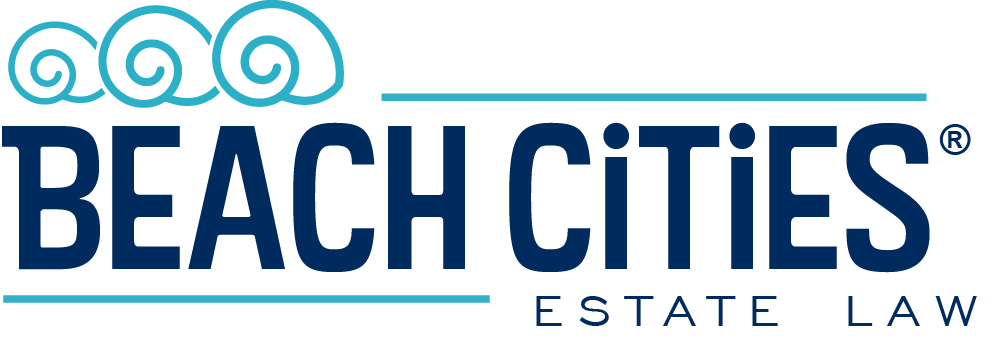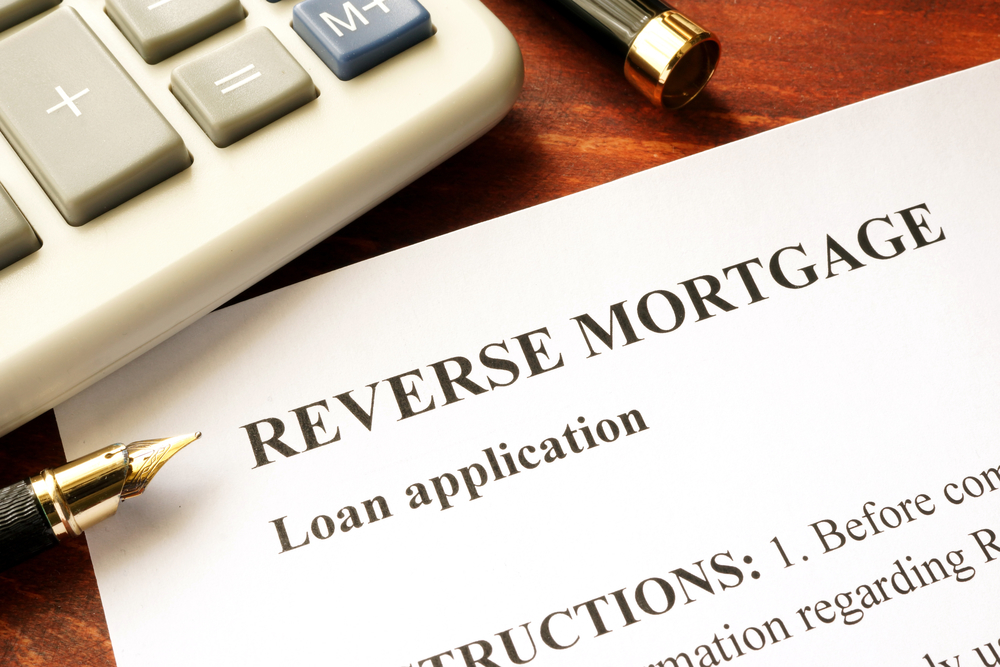If you are considering taking out a reverse mortgage on your home, keep in mind that it will affect your estate planning in a few ways. Reverse mortgages allow people age 62 or older to take advantage of the equity in their homes and pay for retirement expenses. They act as a loan of the equity amount to the homeowners.
To receive a reverse mortgage, you must be 62 or older and (1) own your own home outright or have substantial equity in it, and (2) occupy the home as your primary residence. You receive a lump sum payment, a monthly payment, or a home equity line of credit as proceeds of the loan. In return, the lender will assess interest and will require repayment of the loan if certain events occur. These events include:
- Sale of the house or title transfer;
- The borrower no longer uses the home as the primary residence for 12 consecutive months or more; or
- The borrower fails to pay property taxes or meet other upkeep requirements.
When the borrower dies, the lender will take possession of the home. The borrower’s estate will not include the home’s value. If there is any remaining equity in excess of the reverse mortgage amount, it goes to the borrower’s heirs. This equity counts as part of the estate for tax purposes.
When deciding whether to take out a reverse mortgage, consider whether you may move to a different primary residence (such as a retirement home or long-term care facility) at some point in the future. The loan would become due after you move, and you might not be able to afford repayment – including interest. If you decide to take out the mortgage, plan to stay in your house. Further, you cannot take out a reverse mortgage on a vacation or second home. It must be your primary residence.
Also consider whether your children want to keep the house after you pass away. With a reverse mortgage, they would need to pay off the loan balance, either by refinancing or with other money. Alternatively, they might choose to sell the home. They would need lender approval and would need to make a very quick sale, often losing value. However, if the home sells for less than the loan amount, then the heirs do not have to pay the difference (this is called a non-recourse loan). Heirs also do not have to pay various types of taxes on the sale proceeds when the home is subject to a reverse mortgage.
You have a few options to help maximize the value of a reverse mortgage. For example, you could take out life insurance using the loan amount you receive from the mortgage. Then the life insurance beneficiary will receive a large lump sum payment after you die. If the beneficiary is the heir who inherits the house, he or she can use the money to pay off the mortgage. This method may save money on taxes.
Alternatively, you can gift the money you receive from the reverse mortgage loan to your heirs, during your lifetime. This allows the heirs to receive their legacy earlier than they would with a gift in your will. Of course, this means that you cannot use the reverse mortgage loan money to pay for retirement expenses. You should speak to an estate planning attorney about how you can incorporate one of these options into your existing estate plan or start planning now.
Planning your estate? Angela Klenk, Esq. and the team at Beach Cities Estate Law couple personalized attention to your estate plan with big law firm experience for a winning combination to give you peace of mind. To schedule a case evaluation, visit Beach Cities Estate Law online or call Angela’s office at (424) 400-2125.

